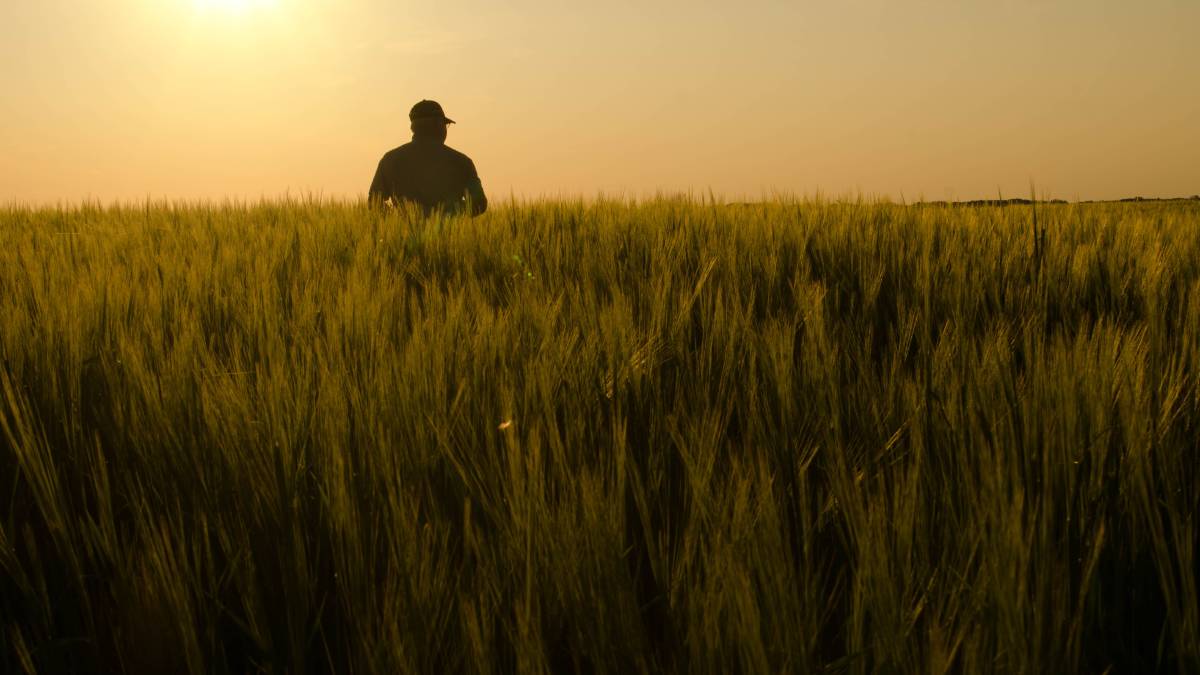
Seachange on how food supply is valued a chance to reframe ag
CORONAVIRUS is changing the way Australians live and that could mean significant and long-lasting benefits for agriculture, forward thinkers are saying.
From a greater understanding of food supply chains to a change in the way young people look at career options as it becomes clear which are essential services, agriculture will likely be valued far more in the wake of the crisis.
But it will need to play its cards right, say industry leaders, if it is to reap the possibilities arising from its current ‘time in the sun’.
Rural Funds Management’s general manager of farming Harvey Gaynor said Australia was now counting on farmers to keep food flowing.
The fact many city residents were now out of work, and government resources stretched to support them and the economy, presented a big opportunity for bridging long-held city country divides, Mr Gaynor and other ag leaders have pointed out.
“It’s a golden opportunity for the city to re-connect to the bush and introduce people to a way of life they’ve never considered,” Mr Gaynor said.
“When this is all over, it’s hard to see all the city cafes opening again as they once were. Some city people are now seeing the downside of a crowded life and may be prepared to make a tree change.”
At the same time, the working-from-home revolution has opened the eyes of many people and businesses to the possibilities of remote work.
“This could be a real boost for agriculture and the nation,” Mr Gaynor said.
But if we frame it wrong, we will fail, he believes.
“If we say it’s ‘just desserts’ for city people, now they know what it’s like to have a drought or live exports banned, it is divisive talk. Picking at old wounds is not the way forward.”
Consumers were all of a sudden thinking about where food comes from and there was a real opportunity for agriculture to capitalise on that dynamic and cement long-term benefits, according to Patrick McClelland, agribusiness lead at communications firm Porter Novelli.
“In these uncertain times, Australians are worried about food security more than anytime in modern history. This is a unique opportunity for agriculture to engage apathetic urban consumers, to tell the story of the strength and reliability of our much-maligned sector,” he said.
“Obviously supply chains must hold up, but I’m sure they will, given the substantial measures put in place. Assuming they do, this crisis represents a once-in-a-generation opportunity to reframe agriculture. We’ll be able to demonstrate the commitment, ingenuity and dedication of farmers to keep Australians fed and clothed – whatever the circumstances.
“This is a serious health and economic crisis and there will be some tragic outcomes. Fortunately for Australians, our farmers will be able to ensure this does not become a food security crisis as well.”
As people start to value things differently, that will be reflected in how they purchase, marketing experts said.
That, in turn, would reset political and corporate agendas.
The rush to efficiency that has seen Australia rely on overseas supply of everything from call centres to packaging will likely be seen as problematic post coronavirus, one agriculture markets expert said.
“Risk mitigation won’t just be about cost anymore. It will be less about just the bottom line and more about long term relationships,” he said.
That’s on the money, another long-serving agricultural leader said.
“We’ve had 30 to 40 years of agricultural food supply chain arrangements without a major disruption, apart from the wool stockpile and live trade ban,” he said.
“Then suddenly consumers have rushed supermarkets and put whole chains under stress. In the aftermath there will be enormous reflection on the value of having food and grocery security.
“It will be a seachange in thinking of how people value food supply and that only spells opportunity for all in the agriculture business.”
Ag marketing expert Robbie Sefton said perhaps this was the opportunity agriculture had been waiting for to overthrow the delusion held in urban centres that cities were the foundations of society.
“We are early in the history of this pandemic. Some businesses will fall and others will prosper. I hope this time of reckoning will re-educate Australians about what is essential in their lives, like food,” she said.